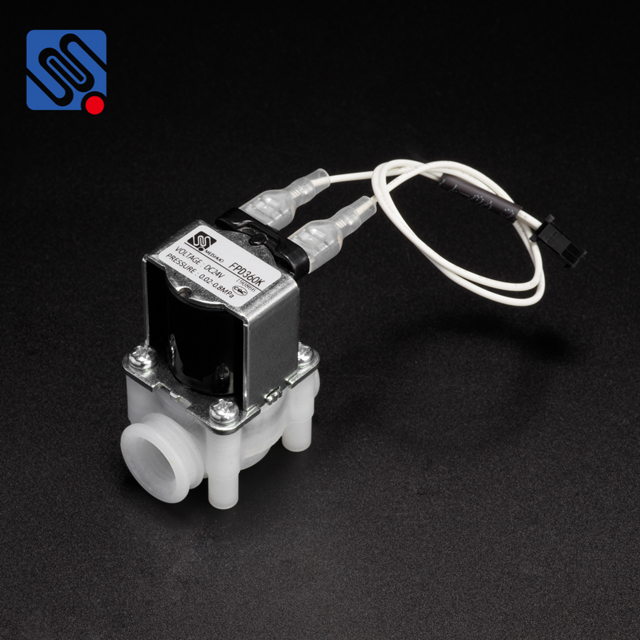In the ever-evolving world of water treatment, efficient control and regulation of water flow are crucial for ensuring that water is processed in the most effective way possible. One key component in achieving this is the Water Treatment System Solenoid Valve. This valve plays an essential role in controlling the flow of water, helping to maintain proper functioning in water treatment plants, filtration systems, and even domestic water systems. This article explores the importance, function, and application of solenoid valves in water treatment systems.

What is a Solenoid Valve? A solenoid valve is an electromechanically operated valve. It uses an electric current to create a magnetic field that activates a plunger, which opens or closes the valve. Solenoid valves come in many forms, such as normally closed or normally open, with a variety of applications depending on the specific needs of the system. In a water treatment system, solenoid valves are used to control the flow of water or other fluids by opening or closing the valve according to the requirements of the system. Functionality in Water Treatment Systems Water treatment involves a series of steps, including filtration, disinfection, and sometimes chemical treatment to remove contaminants and improve water quality. Each of these steps requires precise control of water flow, which is where the solenoid valve becomes critical.